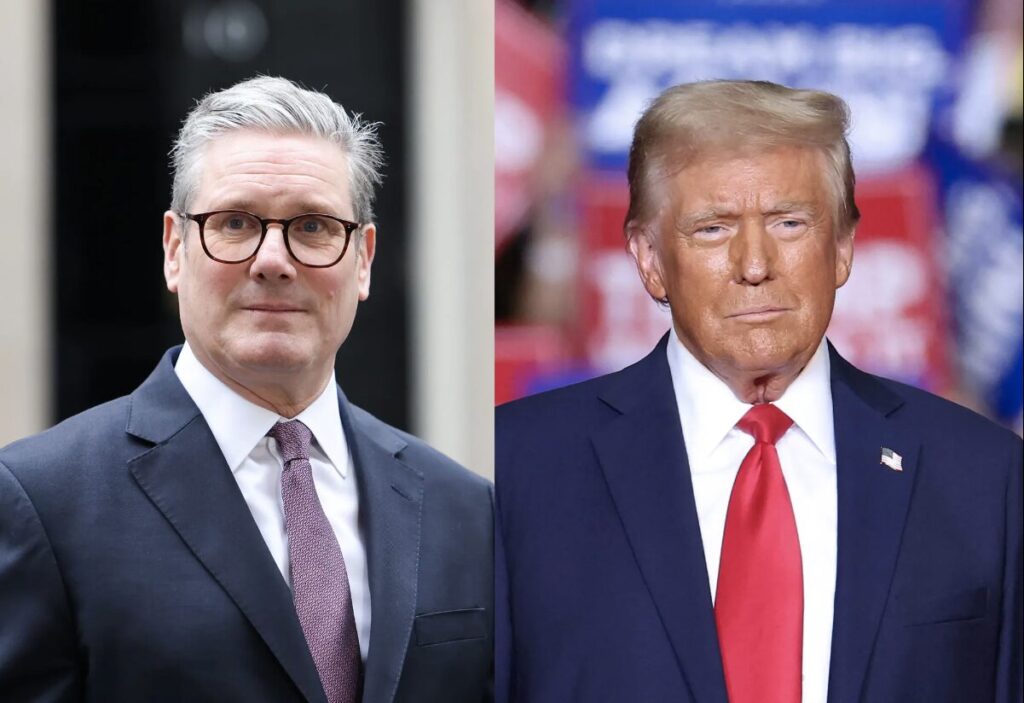|
Getting your Trinity Audio player ready...
|
In a surprising move, the UK and US have declined to sign the global AI declaration at the Paris AI Summit, despite widespread support from countries like France, China, and India. The agreement, signed by at least 60 nations, promotes an “open, inclusive, and ethical” approach to AI development.
However, both the UK and US cited concerns over national security and global governance as reasons for their refusal, sparking debates about the future of AI regulation and innovation.
What’s in the AI Declaration?
The international agreement, signed by 60 countries, outlines a vision for AI development that is:
- Transparent: Ensuring openness in AI systems.
- Safe and Secure: Prioritizing trustworthiness and security.
- Sustainable: Addressing AI’s environmental impact, including energy consumption.
- Inclusive: Reducing digital divides and promoting accessibility.
The declaration also highlights the need for global collaboration to harness AI’s economic potential while mitigating its risks.
Why Did the UK and US Opt Out?
The UK government stated that the declaration lacked clarity on global governance and failed to adequately address national security concerns. A spokesperson explained:
“We felt the declaration didn’t provide enough practical clarity on global governance, nor sufficiently address harder questions around national security and the challenge AI poses to it.”
Similarly, US Vice President JD Vance emphasized the importance of pro-growth AI policies, warning that excessive regulation could stifle innovation. He stated:
“AI is an opportunity that the Trump administration will not squander.”
This stance puts the US at odds with French President Emmanuel Macron, who argued that regulation is essential for AI to progress responsibly.
Reactions from Industry and Experts
The decision has drawn mixed reactions:
- Criticism: Andrew Dudfield, Head of AI at Full Fact, warned that the UK risks losing its credibility as a leader in ethical AI innovation.
- Support: UKAI, a trade body representing AI businesses, cautiously welcomed the move, calling for a more pragmatic approach to balancing environmental responsibility with industry needs.
Tim Flagg, CEO of UKAI, said:
“UKAI cautiously welcomes the Government’s refusal to sign this statement as an indication that it will explore more pragmatic solutions.”
The Broader Context: AI and Global Tensions
The Paris summit comes at a time of growing trade tensions between the US and Europe. President Trump’s recent tariffs on steel and aluminium imports have further complicated relations, with the UK seeking to maintain ties with both the US and EU.
European Commission President Ursula von der Leyen emphasized Europe’s commitment to innovation and collaboration, stating:
“This summit is focused on action, and that is exactly what we need right now.”
What’s Next for AI Regulation?
The UK and US’s refusal to sign the declaration raises critical questions:
- Will other nations follow their lead, or will the declaration gain broader support?
- How can global governance frameworks balance innovation with security and sustainability?
- What role will open-source AI play in shaping the future of the industry?
Conclusion:
The UK and US’s decision to opt out of the global AI declaration underscores the complexities of regulating a transformative technology. While the declaration aims to promote ethical and inclusive AI development, concerns over national security and governance highlight the challenges of achieving global consensus. As the AI landscape evolves, the world will be watching to see how these tensions shape the future of innovation.
